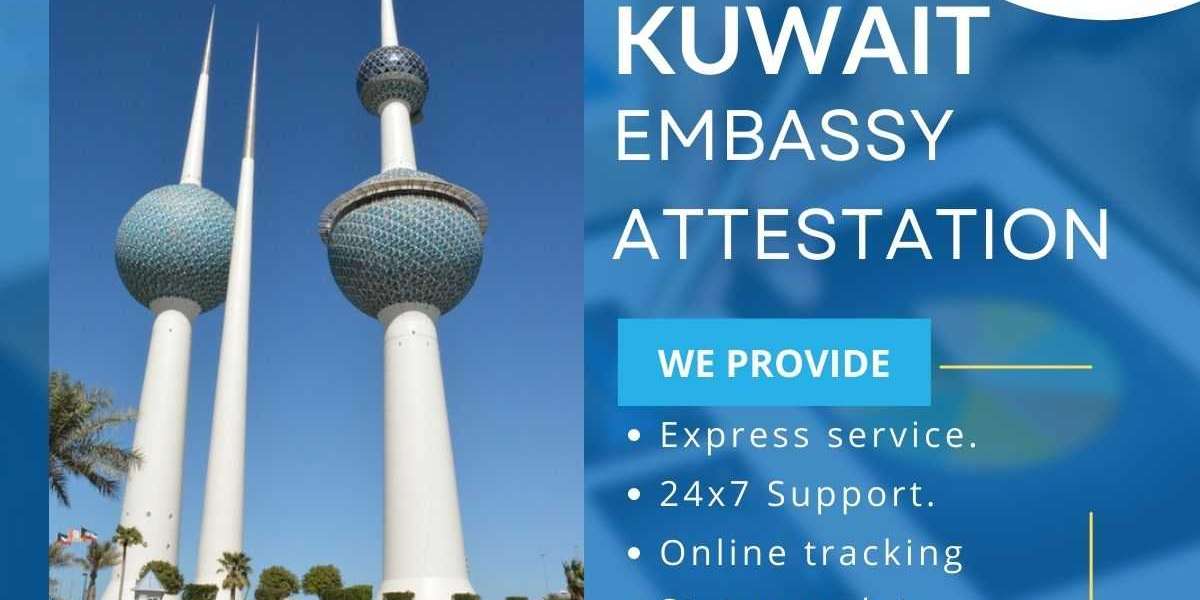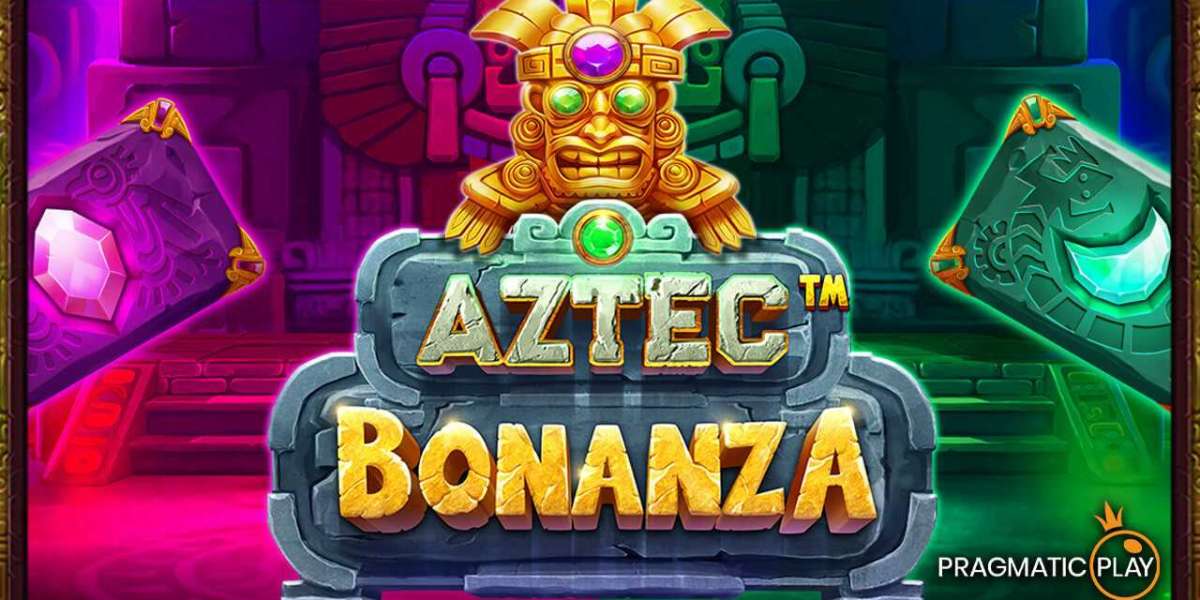Documents can be attested at the Kuwaiti Embassy, or any other embassy for that matter, to confirm their legitimacy before being used abroad.
In the attestation process, the embassy verifies the legitimacy of the signatures, seals, and stamps on official papers issued by the country's government where the official documents were given.
Following the attestation procedure, the documents are guaranteed to be accepted and legally recognized in Kuwait, the destination nation.
The Kuwait Embassy attestation attests to a variety of document kinds. Personal, educational, and commercial documents all fall under this category. People who need personal documents affirmed for marriage, birth, or death certificates frequently use these.
The different categories of documents required for attestation are as follows:
Educational Documents
Individuals seeking higher education or employment prospects in Kuwait must have educational certifications. These certificates must be attested to demonstrate the validity and accuracy of the academic credentials. Mark sheets, degrees, diplomas, and certificates are all examples of educational credentials.
Non-educational Documents
Birth certificates, marriage certificates, death certificates, and affidavits are personal documents. Attesting personal documents is frequently required for immigration, family reunion, or legal reasons. In Kuwait, these documents can be used for various purposes as identification verification.
Commercial Documents
Commercial documents are essential for conducting business in Kuwait. Contracts, agreements, licenses, and other legal documents are among these. In Kuwait, commercial documents must be authenticated to be valid and enforceable.
Documents issued by domestic government bodies or authorities may have their authenticity certified by the Kuwaiti Embassy. These act as evidence of legitimacy and identification.
The embassy may undertake a background check to guarantee that the documents are valid and inspect the seal and signature of the issuing body to confirm the legitimacy of the papers.
The Kuwait Embassy attests to documents for the following reasons:
Confirming the authenticity:
Attestation is to verify a document's authenticity. For instance, to be accepted for employment in Kuwait, a university degree given by a university may need to be attested.
Improving International Transactions:
Some corporate or financial documents may need to be verified if you conduct business in Kuwait to ensure their acceptance by Kuwaiti authorities or commercial entities.
Citizenship and Immigration:
The immigration authorities may ask for personal documents such as birth and marriage certificates to be validated to confirm their legality if you wish to live or work in Kuwait.
Legal Dealings:
Certain documents could require attestation to be recognized as valid in the eyes of Kuwaiti law for actions like buying property or any other legal transactions in Kuwait.
Education:
Your educational certificates may need to be validated to be recognized by educational institutions or authorities in Kuwait if you plan to study there or if you are a Kuwaiti student who has studied abroad and wishes to return.
Security and Safety:
Countries can lower the risk of fraudulent actions and paperwork by establishing a controlled attestation procedure, protecting their citizens' and residents' safety and security.
Overcoming administrative and cultural barriers:
Different administrative procedures are used in various nations. An attestation acts as a link to guarantee that a document issued in one country complies with the legal and organizational norms of another.
Establishing Consistency
Foreign and local organizations in Kuwait can be sure that the documents they receive are reliable and consistent using a standardized attestation method.
Fraud prevention:
By ensuring the legitimacy of the documents, attestation aids in preventing fraud and forgery. The embassy checks the authenticity and integrity of the records by verifying their signatures, seals, and content.





